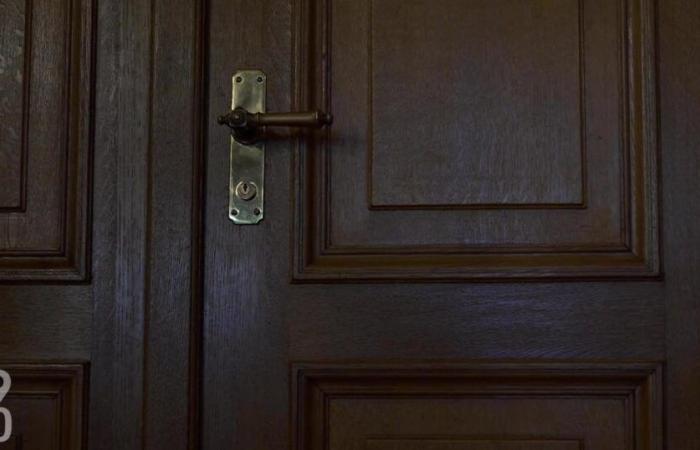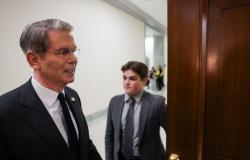
The Federal Council is preparing to partially reveal the content of the new agreements negotiated with the European Union. Only a few parliamentarians will be able to read it initially, a procedure that is debated in Bern.
As of next week, a handful of elected officials – two per party – will be authorized to consult, in complete confidentiality, the 1800 pages of the agreement under negotiation between Switzerland and the European Union. This closed-door reading, organized in a room in the Federal Palace, constitutes a pre-information phase before a public consultation provided for the summer.
But this method arouses criticism, including UDC. For Thomas Aeschi, leader of the parliamentary group, the process lacks transparency: “If the Federal Council has nothing to hide, it can make documents accessible to everyone at the same time,” he explains Thursday in the 7:30 p.m.
A position shared by the National Policy Commission of the National Council, which officially asked the Federal Department of Foreign Affairs (DFAE) to expand access to all parliamentarians. Its president, Laurent Wehrli, welcomes the desire to inform the parties upstream, but regrets the restriction: “What surprised is the limit to two members per party.”
-A method defended by the DFAE
Asked, the spokesperson for the DFAE, Nicolas Bideau, defends an approach inspired by the usual functioning of the Parliament, where each party is represented in the commissions. “The objective is that the parties have the elements necessary to take a stand on these essential texts for the prosperity of Switzerland,” he explains.
Faced with criticism, the DFAE does not close the door to expanding the right to all parliamentarians to consult the agreements. The Federal Council will decide on this point in the coming weeks.
>> The point in the 7:30 p.m. with Hannah Schlaepfer:
TV report: Hannah Schlaepfer and Thomas Epitaux-Fallot
Adaptation web: ther







